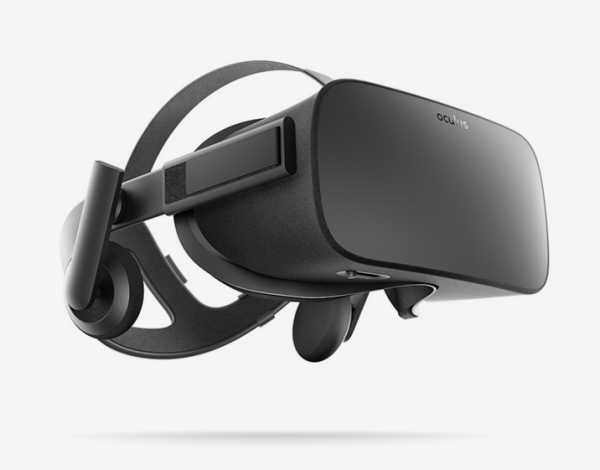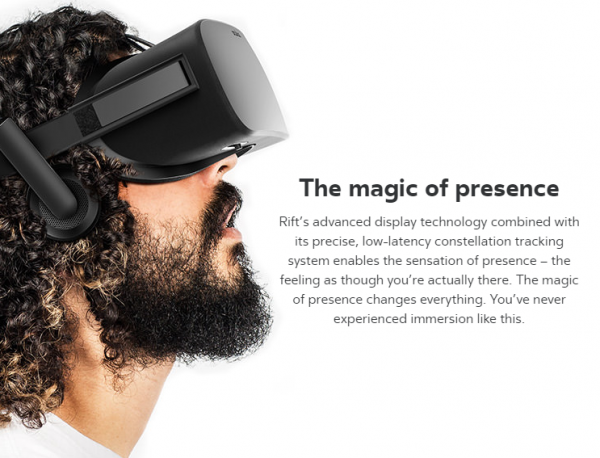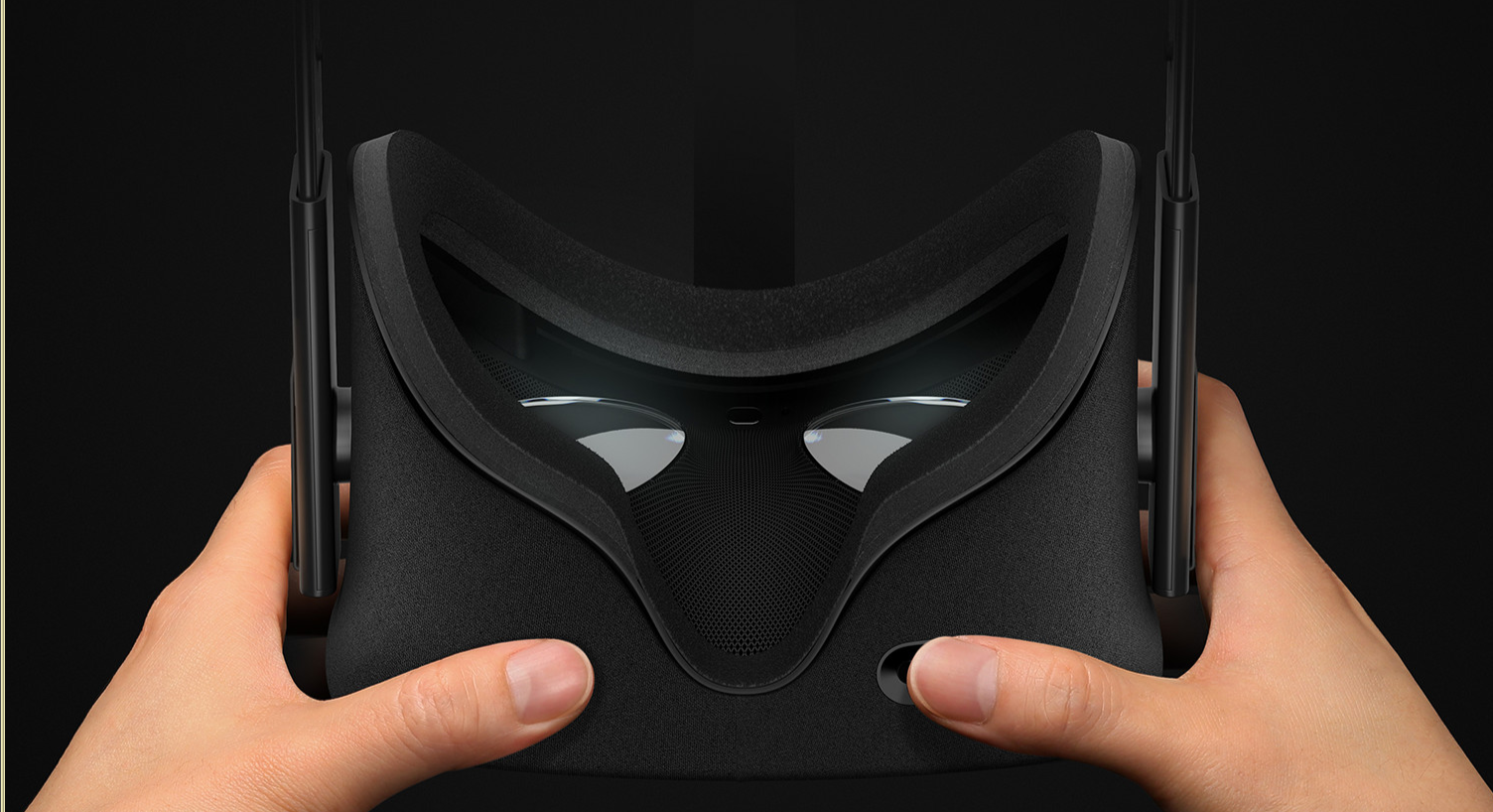Today marks the official launch of the Oculus Rift, a high quality virtual reality headset with dozens of games to enjoy. As an avid fan and enthusiast for the medium, I am beyond excited for today.
However, I am not going to gush about my love of VR in this article, I am writing it to talk about a rather unpleasant experience:
I was harassed in virtual reality.
When similar events happen in MMOs and other online games, I can quickly respond in jest or with a counter or even a reprimand. I’ve thoroughly chewed out new men in my guild for continuously spamming suggestive and even directly offensive emotes (including custom ones including “rape”) at women in the guild. I’ve quickly deflected inquiries about my real life looks into descriptions of my unattractive in-game form.
These are skills you pick up when you’re a woman who has been playing online games for the past decade and a half.
Yet, when a man turned to me in virtual reality and aggressively rubbed his character’s chest… his chest with his hands, while remarking over the voice chat, “Look at me! I’m rubbing my tits at you!”, I froze. The only response I could muster was letting out a small, insincere “heh” laugh.

Maybe I wouldn’t have froze if it was a random person off of the show floor, instead of someone I was hoping to establish a business connection with. Perhaps it wouldn’t have happened if he hadn’t entered the virtual realm while joking with some of his buddies who put on their headsets with him. I certainly can’t imagine he would have gestured like that at me if he had seen it was me, a young woman, one of the few in a room that was easily 90% male, who put on the last headset.
I was astonished by the discomfort I felt, though. It was palpable.
At a professional industry event, here was a man I respected, who appeared to be not even three feet away from me, who I could hear, whose very, very human movements I could see, making an obscene gesture at me. The often touted “presence” of mine and his own felt extremely real. There was no uncanny valley, my brain recognized the character and movements in front of me as completely human. However, little did he know that the character he was gesturing at was not another man.

Seconds before I had been waving at him and high-fiving at the encouragement of his two friends across the virtual room, giggling at how realistic the virtual interactions felt, even though our hands would pass through each others’ if we were too enthusiastic with the motion.
While Patrick Harris of Minority Media showed in his GDC talk that intentional harassment in VR can be extremely unbearable and repulsive. My experience revealed to me that the presence and anonymity that virtual reality grants at the same time, can lead unintentionally to uncomfortable situations. It seems easy to forget when you enter the virtual world with friends that not everyone might be ready to take part in the same locker-room banter.
And for those of you who are reading this and thinking “she wasn’t harassed, she’s just sensitive.” I would agree that “harassed” is a strong word and that there are much more serious cases of harassment, but what would you call it? If you approached a woman on the street and gestured and spoke in that manner in front of a police officer, do you think they’d let you continue without a word?
Yes, it was intended to be a joke among friends. I don’t believe it was malicious at all, but it still had a real effect on my experience. I still tensed up and felt uncomfortable, and removing the headset didn’t take that feeling away.
Upon hearing about my experiences, an Oculus Rift launch title developer commented:
This was something that definitely took me by surprise while working on VR.
The physical presence opportunities of the platform are great and awesome when you’re testing with friends and co-workers – looking and gesturing at each other while talking over voice chat. But, thinking of how those features interact with the online gaming community at large and the privacy/comfort issues didn’t occur to me until GDC this year.
The comment “I won’t use voice chat… for obvious reasons” from our first woman reporter of the event completely shattered my approach to social features in VR. Muting voice is simple enough, but muting “body language” was something I never would have come up with on my own.
I wanted to share this experience not to reprimand those who were part of it nor to redundantly proclaim that harassment is horrible. I wanted to share it to remind us all that there is a large dose of “reality” in virtual reality and that we should be cognoscente that anyone could be on the other side of that character waving back at you.
Update [7:57pm PST]: This article has been updated to include a quote from a VR developer.
